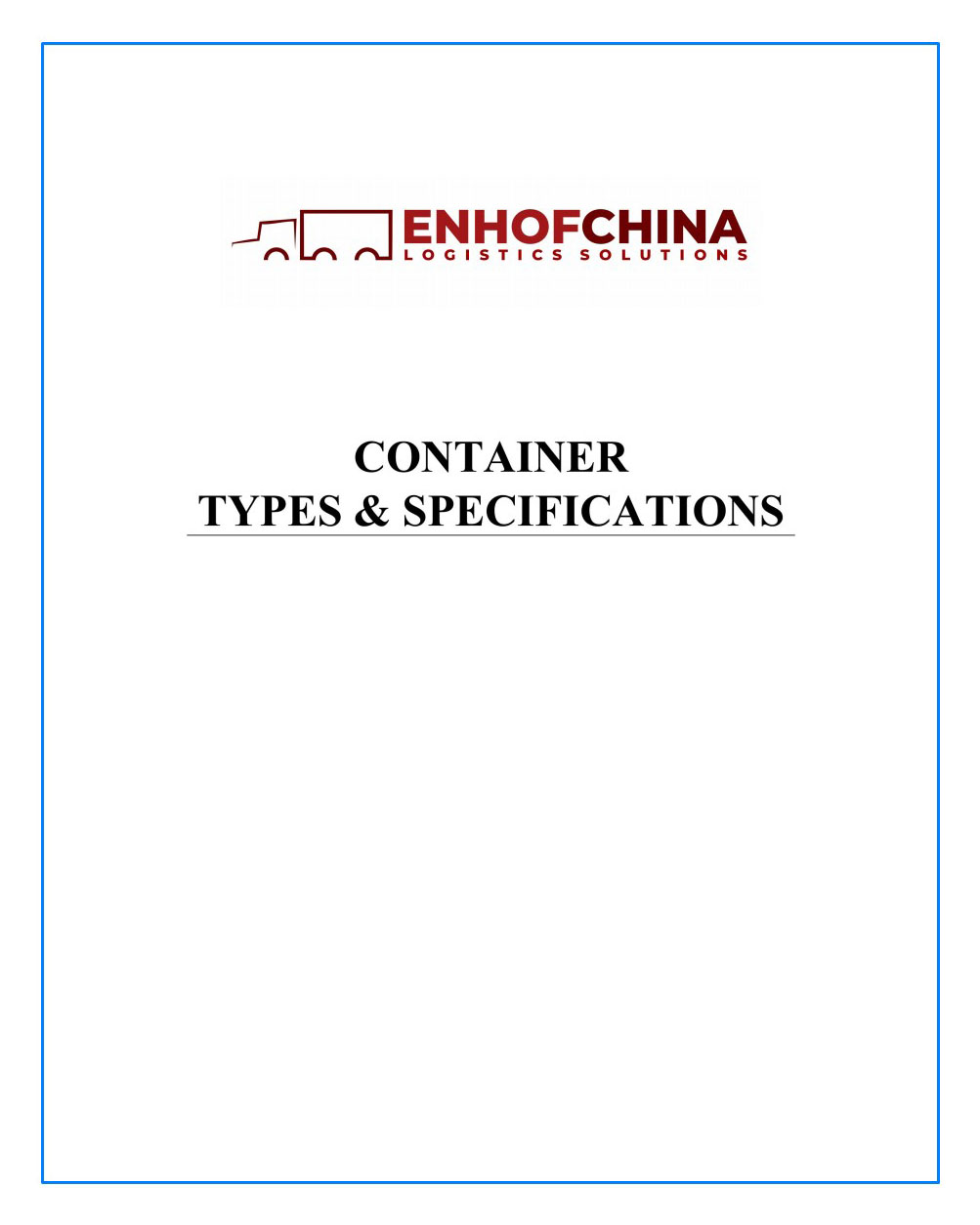
Container Types & Specifications
Shipping containers play a key role in trade and logistics as an integral part of freight transport. They are designed for the transportation of cargo of various sizes, suitable for both small shipments (LCL delivery) and large consignments both by land and by sea. The types, sizes and design features of cargo containers vary depending on the type of cargo and method of transportation.
Why is shipping container important?
Shipping containers play a critical role in global logistics, providing an efficient means of transporting goods. The importance of shipping containers in logistics is explained by several aspects:
- Universality and standardization:
Transport containers have standard sizes and characteristics, which ensures their compatibility with various types of transport (sea, road, rail). This simplifies the reloading and transportation of goods between different modes of transport.
- Cargo protection:
Containers provide reliable protection of cargo from exposure to weather conditions, moisture and mechanical damage during transportation.
- Saving time and resources:
Transport containers significantly reduce the time of loading and unloading operations and speed up the transportation of goods, saving time and resources.
- Possibility of mass transportation:
Thanks to standardized dimensions, many containers can be transported simultaneously on one ship, allowing for mass transportation and reducing shipping costs on freight lines.
- Global Connectivity:
Shipping containers provide global connectivity, allowing goods to be moved efficiently between different parts of the world.

